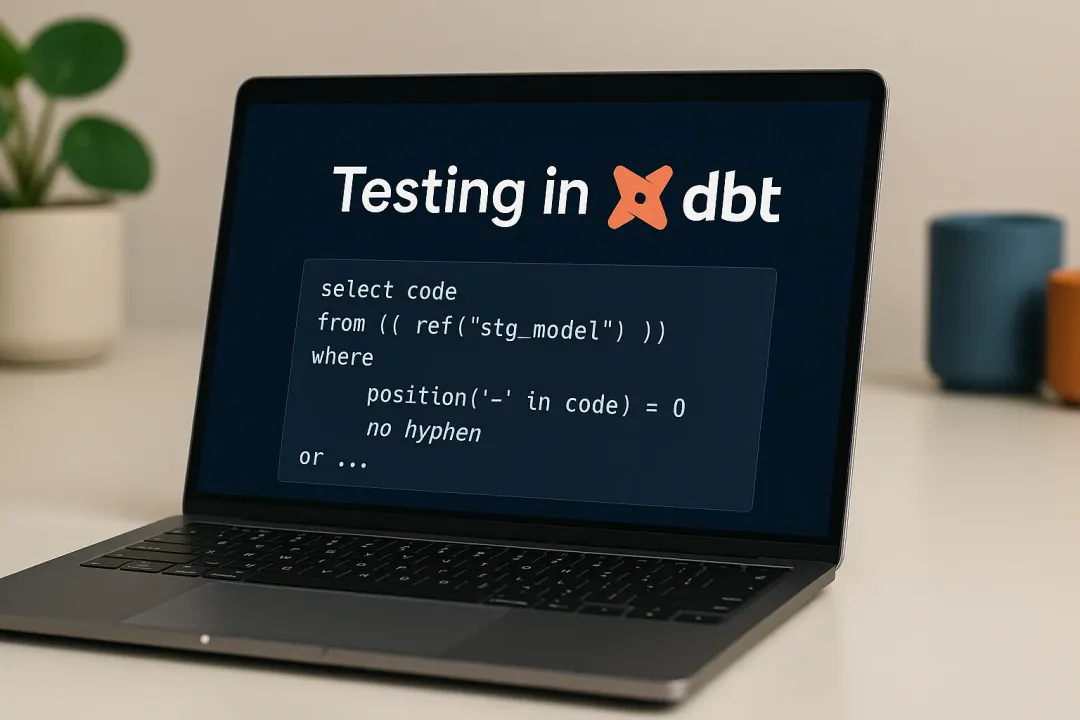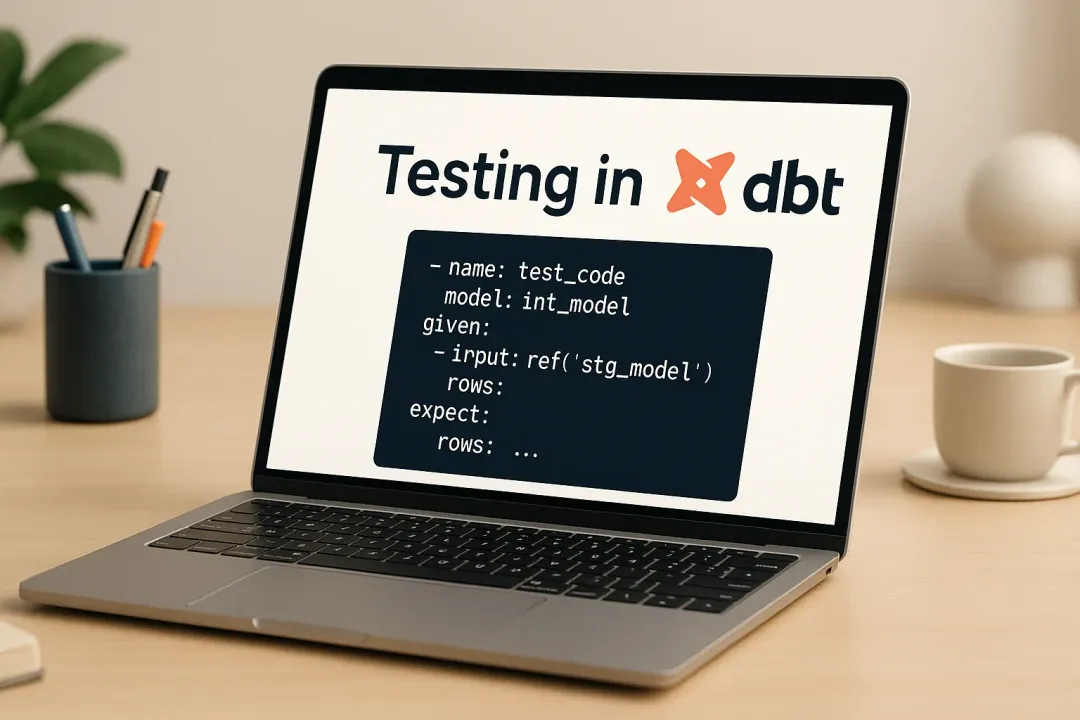
Sunscrapers Team
21 November 2022, 7 min read

What's inside
- Intro
- What is C++
- What is Python
- Uses of C++
- Uses of Python
- Features of C++
- Features of Python
- Differences between Python and C++
- Conclusion
Intro
C++ and Python are the most popular and widely used languages. Both are general-purpose, versatile, and object-oriented.
A comparison of Python and C++ is fascinating since both languages are pretty different regarding the overall approach to programming and features like syntax, usage, etc.
Hence, teams usually find it a pickle when choosing between these two languages for their project needs.
This article will focus on key differences between Python and C++. Still, we will also discuss what Python has that C++ doesn't, the advantages and disadvantages of Python over C++.
Let’s compare!
What is C++
Bjarne Stroustrup developed C++ as an extension of the C language. It is an object-oriented programming language and, by many, is viewed as the best for creating large-scale applications.
Java is based on C++ but optimized for the distribution of program objects in a network, for example, the internet. Somehow, Java is simpler and easier to learn than C++, but both languages require a considerable amount of study - especially compared to Python, which is very easy to learn.
C++ is considered an intermediate-level programming language, as it contains both the features of high-level programming and low-level programming language.
What is Python
We won’t be writing long paragraphs about what Python is because All you need to know about Python is in our previous blog posts.
Just a quick introduction: Python is a high-level object-oriented programming language. It is also a general purpose as we can use it in almost every situation.
It is actually one of the most popular programming languages available. Companies like Google, Facebook, Instagram, Spotify, Netflix, and Dropbox are using it, and they all say that Python has power.
Considering its flexibility, ease of use, and readability, it is no surprise that Python has gained and held on to the title of the most popular programming language. Moreover, with its minimal boilerplate, Python outclassed other languages significantly.
Uses of C++
- C++ is used for game development. It provides multilayer networking, which makes it capable of developing gaming systems and easily handling the complexity of 3D games.
- C++ is used for making compilers for other programming languages as it is considered closer to the hardware.
- It plays a major role in software development. C++ is used to develop software apps, for example, Adobe, Spotify, and Youtube (different parts are written in C++).
- C++ is also used for making embedded systems. As mentioned, C++ is closer to the hardware. Hence, it is great for manufacturing gadgets like smartwatches, medical instruments, IoT devices, etc.
Uses of Python
- Python is used in modern technologies, like web dev, machine learning, and artificial intelligence. Thanks to its support for various libraries and many frameworks, it is suitable in every (almost!) domain that comes to mind.
- It can be used in teaching computer science, creating games, data processing, and analysis.
- Also - hardware sensors, robots, and scripts to automate your work.
- Python is also used in software development as a supporting language; it was used for developing the Dropbox desktop app.
- Python is popularly used in robotics and is one language that is commonly used for Robotic Process Automation.
Read more about Python usage on our blog:
- Top 5 Python Applications
- 7 reasons why Python is the best programming language for AI
- What can you build with Python?
Features of C++
- C++ is a portable language. It means the same piece of source code can be used on different systems, just compile it and you’re ready to go.
- C++ is fast and efficient.
- C++ allows dynamic memory allocation.
- C++ is an object-oriented language with concepts like abstraction polymorphism, inheritance, etc.
Features of Python
- Python is a platform-independent language. It means the same code can run on different platforms where the Python interpreter runs.
- It is an open-source language.
- Python is also an object-oriented language with features like dynamic type-checking and high readability.
- Python supports automatic garbage collection and interactive modes of debugging and testing.
- Python has a large standard library, and because of that, you don't have to write the code for every task.
Differences between Python and C++
The main difference between these two languages is:
Python is an interpreted, high-level, general-purpose language that allows developers to write clear and logical code for small and large-scale projects.
C++ is a general-purpose, object-oriented, compiled, programming language that helps procedural programming for intensive CPU functions and provides control over hardware.
Based on various criteria, let’s now compare the two languages.
1. Compilation
C++ is a compiled language - C++ compiler generates machine code so you can execute it on a particular hardware platform to produce the output.
Python is an interpreted language - the code runs on the Python interpreter for a specific hardware platform and generates the output.
2. Nature of the language
C++ is statically typed; for example, the declaration of a variable, the data type of variables, etc., are verified at compile time.
Python is dynamically typed - the code is prone to errors since there is no type checking done at compile time.
3. Simplicity and efficiency
Python is very easy to learn and write in as the number of lines is less comparatively and it has a clear syntax. Hence it is easier to write in Python than in C++.
In contrast to Python, it is not that easy to write code in C++ due to the complexity of syntaxes and the number of features.
It influences the programming efficiency in each language - it’s harder to maintain the code in C++ as it can get complicated to read. At the same time, Python has clean code and simple syntax, making it easier to keep the code.
4. Portability
Python is portable, and C++ is not. In C++, we need to recompile the code on every different platform, and Python allows us to execute programs on any platform.
5. Speed
C++ is famous for its high-speed nature, so in terms of speed, C++ is a bit over Python, as it is a pre-compiled language (and does not need any interpreter during the compilation), while Python runs code through an interpreter line by line.
Python is a dynamic language that reduces collaboration complexity and optimizes programmer efficiency. As a statically typed language, C++ has the advantage of creating a more compact and faster runtime code.
6. Memory management
C++ does not offer garbage collection, which means that memory management is manual; Python, quite the opposite, has an automatic garbage collection feature, and its memory management is system-controlled.
In C++, you must allocate the memory to new variables and free them after finishing a task. Done in the wrong way may lead to memory leaks.
7. Variables
In the case of C++, the scope of the variables is limited to blocks and loops debarked by {}. The ones used in Python are not limited and are accessible even outside the curly braces.
8. Functions
Functions are blocks of codes with one or more parameters and return values. Each parameter and return value has a type.
In C++, these parameters and return types during function calls have to match that in the definition of the function. In Python, there is no such thing.
9. Popularity
Python is famous for its community support - it does not matter if you are a beginner or an advanced user, you will find help when you are in need.
C++ also has a strong, huge community where developers can seek help or find the answer to the problems that may arise while working with C++.
Conclusion
To summarize, Python is a better starting language. It is excellent for beginners thanks to its easy-to-read code and simple syntax. Plus, Python is a better option than C++ regarding web development and the backend. Most software doesn’t need to be written in C++, and you can always learn it later if you need it.
Considering the general usage of both languages, one is likely to choose Python for data analysis and machine learning. It is possible to use C++ for this purpose, of course, but it is not recommended. Python is much better and has way better support in terms of AI and ML frameworks.
Let’s remember that programming languages are your tools, and you always have to choose what is best for you, your project, and what fits your skill set. None of the languages are “perfect,” and none of them has conquered the programming world as a “one perfect solution for everything”.
The best is always to pick a language, learn it, and master it!


